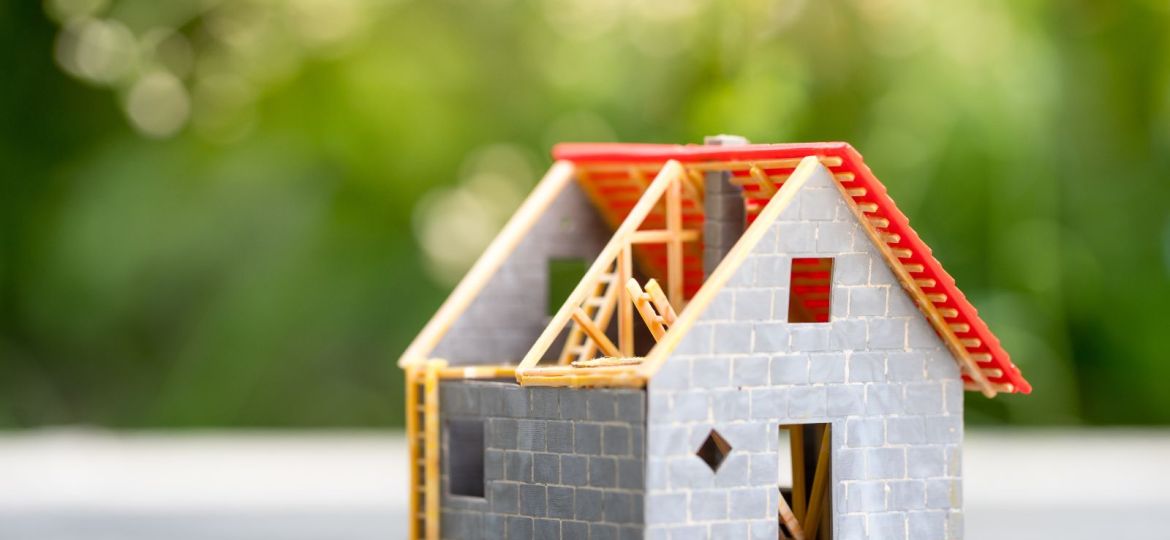
Lopez, Singleton Bill Would Support Municipalities and Fill a Critical Housing Need in the State
(TRENTON) – In an effort to address one of New Jersey’s most pressing affordability and racial equity issues, Democrats in the State Legislature are introducing a groundbreaking bill to significantly expand affordable housing across New Jersey.
Sponsored by Assemblywoman Yvonne Lopez and Senator Troy Singleton, the legislation creates a new and streamlined process to give municipalities greater flexibility to build affordable housing. It creates a neutral panel of experts to mediate conflicts about how much and where affordable housing should be built in order to reduce the costly and lengthy litigation that has delayed the building of new housing.
“For decades, our state has struggled to provide enough affordable housing options for residents,” said Assembly Speaker Craig J. Coughlin (D-Middlesex). “This bill would enable New Jersey to significantly increase the availability of affordable housing for at least a decade, addressing one of our greatest affordability challenges. We have consulted with municipal leaders, builders, lenders, and advocates to develop an approach that will increase the inventory of affordable housing and, hopefully, reduce the burdens and delays that all parties have faced for so long.”
“Affordability has been the cornerstone of the efforts we have taken in the Legislature to address the challenges our residents face every day in New Jersey,” said Senate President Nicholas Scutari (D-Union). “By taking this significant step today, we aim to preserve and develop more affordable housing in the state. This bill marks a crucial stride towards making housing in New Jersey more accessible and more affordable for all of New Jersey’s residents.”
Since 2015, trial courts have been deciding affordable housing obligations for New Jersey communities after the State Supreme Court ruled that the Council on Affordable Housing (COAH) was not capable of functioning as intended. This has led to lengthy, expensive conflicts that have crippled the state’s ability to ensure affordable housing is available for residents. The legislation would replace COAH with a statutory formula for determining obligations and a municipally-driven process for developing constitutionally required affordable housing. Rather than having disputes about the amount of housing that should be built go through court processes, the bill would establish mediation panels to quickly and efficiently arrive at the amount of housing needed and where it should be built in each municipality. Any municipality engaging in a good-faith effort to build the necessary amount of affordable housing would be temporarily immune from lawsuits brought by developers.
“Although New Jersey has doubled its supply of affordable housing over the last eight years, we still remain over 200,000 units short,” said Senator Singleton (D-Burlington). “While this proposal will not address all of the barriers to affordable housing development, it will streamline the process and ensure that towns are in compliance with the obligations established by the courts. Expanding access to affordable housing must continue to be a priority, as it is needed now more than ever.”
“Creating affordable housing is integral to the well-being and longevity of our residents,” said Assemblywoman Lopez (D-Middlesex). “In this endeavor our municipal partners are incredibly important. Based on challenges facing municipalities in the past, we worked to create a process that lays out a uniform, transparent and efficient plan for municipalities to meet their fair share obligations. The bill achieves our goal of striking a balance between the needs of municipalities and the increased need for affordable housing production.”
The bill is being introduced in advance of the next round of municipal affordable housing obligations, which begins on July 1, 2025. Under the legislation, a municipality must adopt its affordable housing obligation by binding resolution on or before January 31, 2025 in order to be assured of protection from a builder’s remedy lawsuit.

